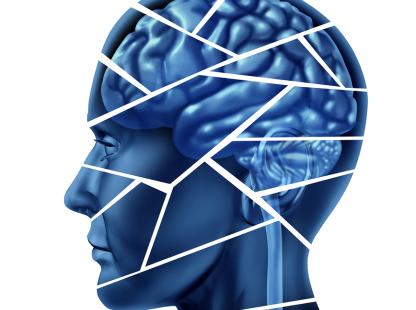
Research Projects
Our multidisciplinary team is comprised of faculty biomedical engineers, neuroscientists and clinicians that recreate eld relevant injury conditions and investigate brain injury in a holistic manner.

Our multidisciplinary team is comprised of faculty biomedical engineers, neuroscientists and clinicians that recreate eld relevant injury conditions and investigate brain injury in a holistic manner.